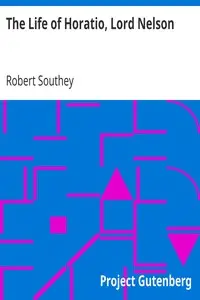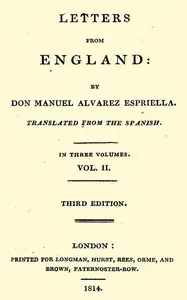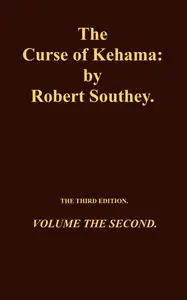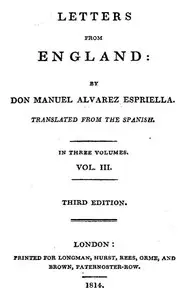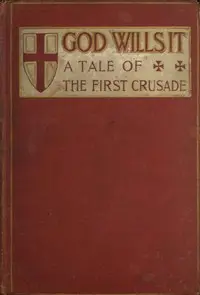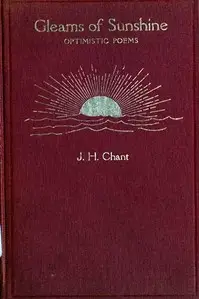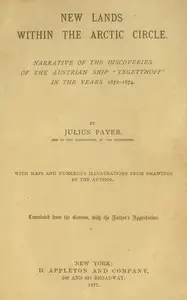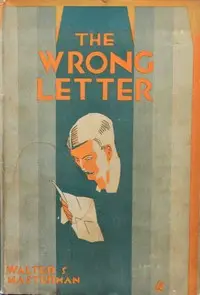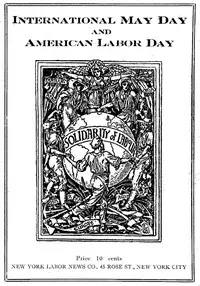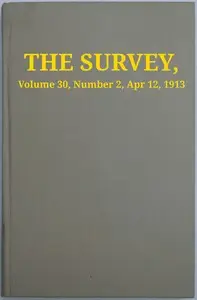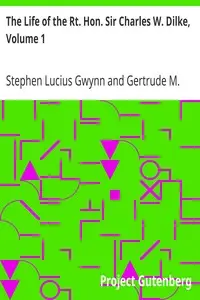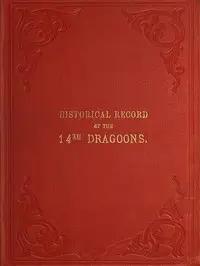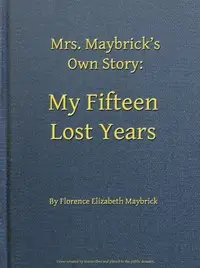"The Doctor, &c., vol. 6 (of 7)" by Robert Southey is a historical and philosophical work written in the mid-19th century. This volume appears to be a continuation of a larger narrative that engages with various forms of speculation, including discussions on life, death, and immortality, as well as reflections on names and their significance. The text touches on themes of life’s meaning and the nature of existence, pointing to influential figures and philosophical ideas along the way. The opening of this volume features an intricate preamble and a meditative discourse, primarily focusing on the philosophical notions of death and immortality. The narrative introduces Sir Kenelm Digby engaging in dialogue with philosopher Descartes, who contemplates the potential for prolonging life. The text reflects on various historical and speculative thoughts, weaving through opinions from Biblical interpretation to personal reflections by the character identified as "the Doctor." As the chapter progresses, the character examines a multitude of connections to the letter "D," suggesting a deep reverence for language and its layered meanings. Overall, the beginning emphasizes a blend of historical narration, philosophical inquiry, and personal musings that set the stage for the themes explored throughout the volume. (This is an automatically generated summary.)

The doctor, &c., vol. 6 (of 7)
By Robert Southey
"The Doctor, &c., vol. 6 (of 7)" by Robert Southey is a historical and philosophical work written in the mid-19th century. This volume appears to be a...
Genres
Released
2023-12-29
Formats
mobi (images)
epub3 (images)
epub
epub (images)
Free Download
Overview
About the Author
Robert Southey was an English poet of the Romantic school, and Poet Laureate from 1813 until his death. Like the other Lake Poets, William Wordsworth and Samuel Taylor Coleridge, Southey began as a radical but became steadily more conservative as he gained respect for Britain and its institutions. Other romantics such as Byron accused him of siding with the establishment for money and status. He is remembered especially for the poem "After Blenheim" and the original version of "Goldilocks and the Three Bears".
Total Reviews
10.0k
Total reviews from Goodreads may change

